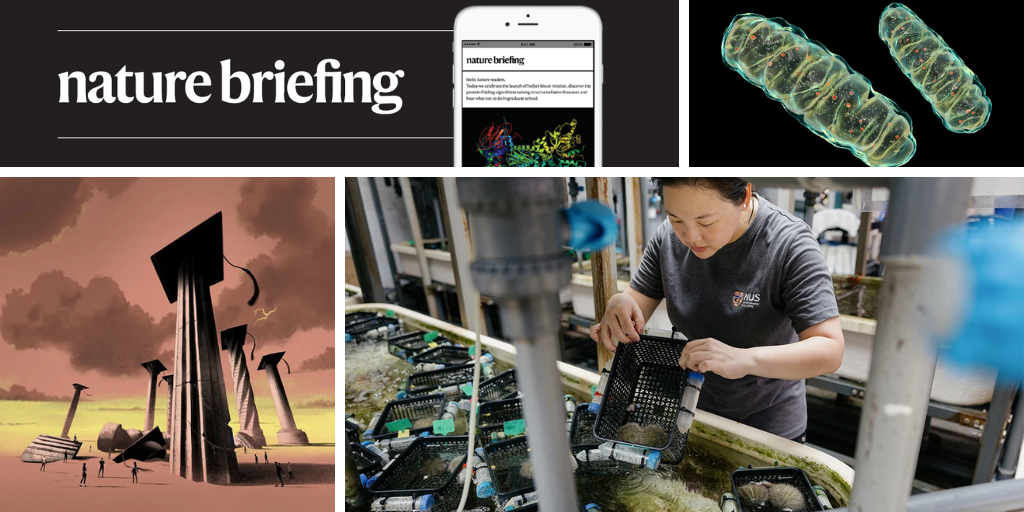
"A small trial of a one-time gene therapy for Huntington's disease has shown that the treatment can markedly slow the inherited brain disorder's progression. Of 29 people in the early stages of Huntington's, those who received a high dose of the therapy directly into their brains saw the disease slow by 75% over three years, compared with those in a control group. The unpublished trial results look promising, but should be viewed as preliminary in such a small group of participants, says neurologist Sandra Kostyk."
"These cells clear out harmful substances and foreign invaders, and prune unneeded neuronal connections during development. Malfunctioning microglia have been implicated in disease. As such, replacing them with healthy cells might make an effective treatment. Some trials in mice have shown that the swap can work, but doing so is tricky - most microglia reside in the inaccessible central nervous system, and the faulty cells must be cleared out to make way for healthy cells."
Universities face pressure to adapt to a changing world and to rethink their roles and structures. A one-time gene therapy in a small trial produced a 75% slowing of Huntington's-disease progression over three years in a high-dose group of 29 early-stage participants, though the results are preliminary given the small sample. Replacing malfunctioning microglia with healthy cells could potentially treat ultra-rare genetic disorders and Alzheimer's, but access to microglia in the central nervous system and removal of faulty cells pose major challenges. Museums are deploying AI systems that enable visitors to converse with digital approximations of Holocaust survivors to preserve testimony.
#huntingtons-disease #gene-therapy #microglia-replacement #ai-preservation #higher-education-adaptation
Read at Nature
Unable to calculate read time
Collection
[
|
...
]